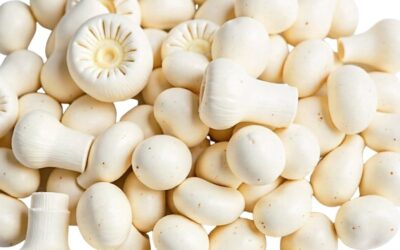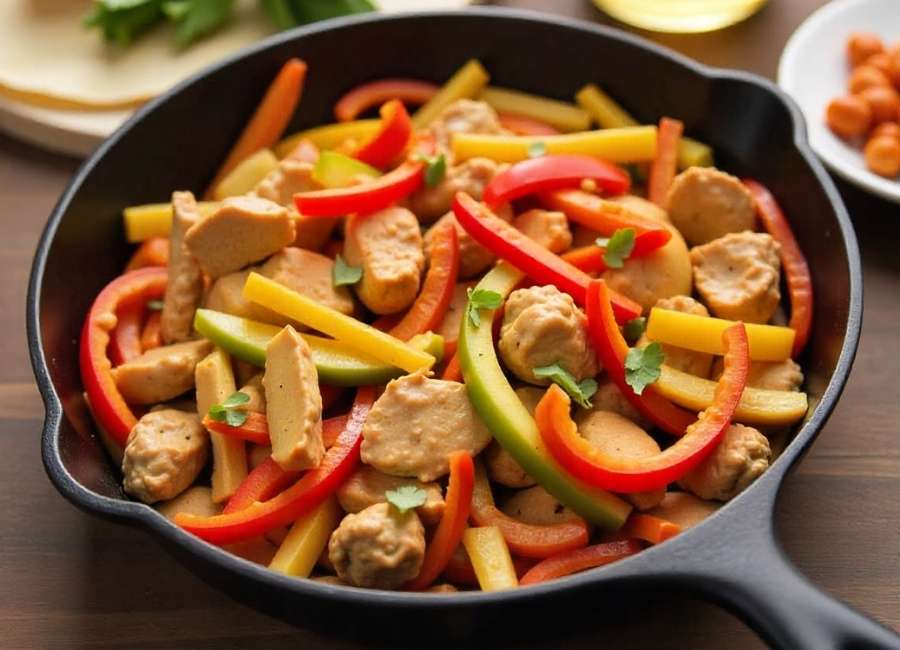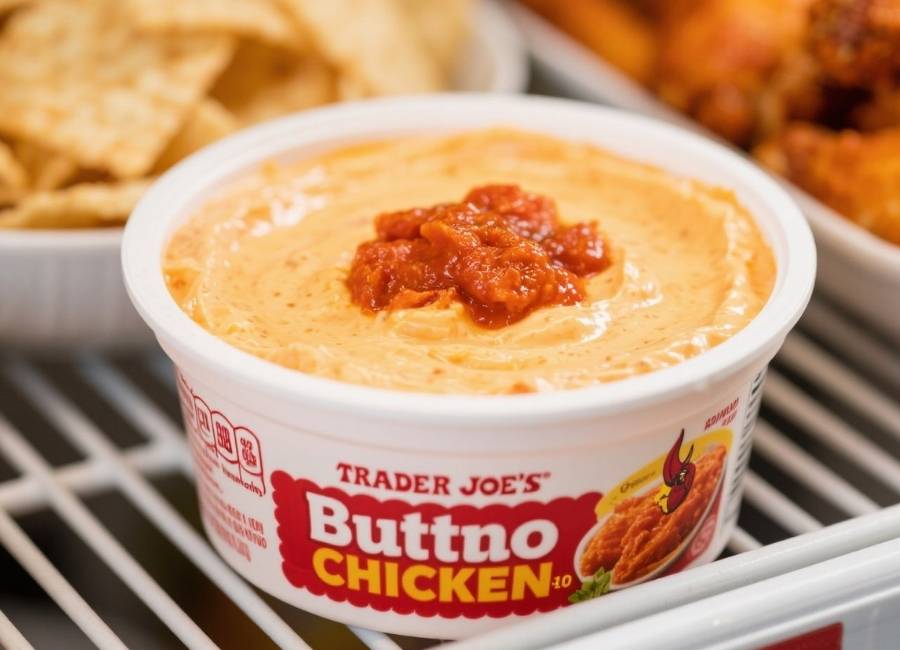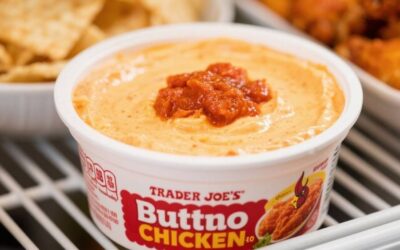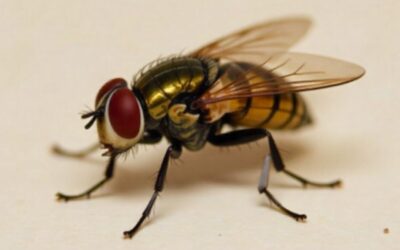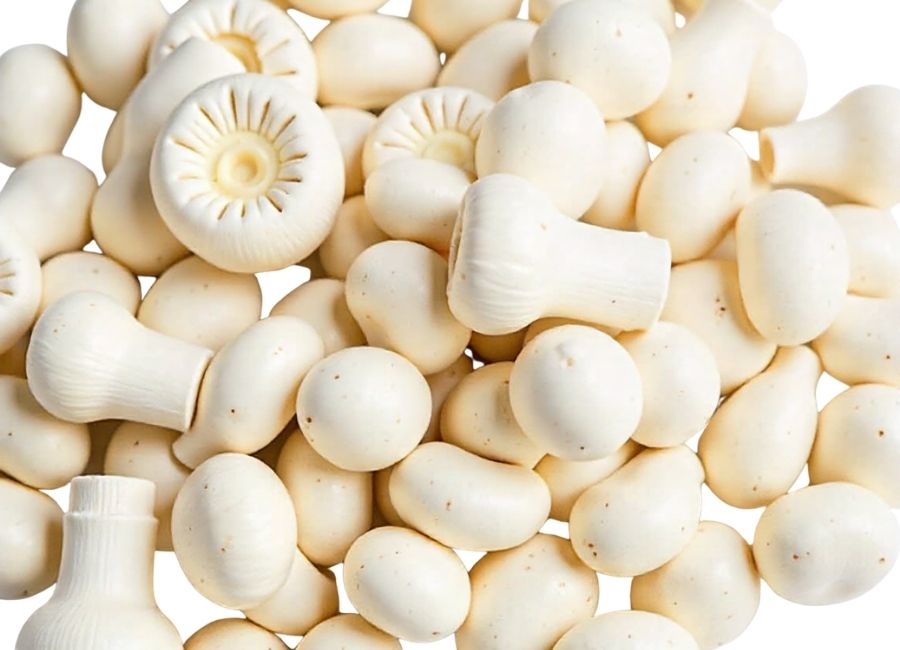Mushrooms might seem like a natural addition to your rabbit’s diet, but the answer isn’t as straightforward as you might think. While some mushrooms are safe for bunnies, others can be dangerous or even deadly. Understanding which varieties are appropriate and how to serve them safely is crucial for every rabbit owner.
This comprehensive guide will walk you through everything you need to know about feeding mushrooms to your bunny, including which types are safe, proper preparation methods, and important warning signs to watch for.
The Short Answer: Most Mushrooms Are Not Recommended
While rabbits can technically digest certain mushrooms, veterinarians generally advise against including them in your bunny’s regular diet. The primary concern isn’t toxicity from safe varieties, but rather the risk of misidentification and the minimal nutritional benefit they provide.
Store-bought mushrooms like white button, cremini, and portobello are not toxic to rabbits in small amounts. (Can Rabbits Eat Mushrooms? Complete Safety Guide 2025 – Wild vs Store-Bought, 2025) However, they offer little nutritional value and can cause digestive upset if fed in large quantities.
Why Mushrooms Pose Risks to Rabbits

Identification Challenges
The biggest danger comes from wild mushrooms. Many toxic varieties closely resemble edible ones, making proper identification extremely difficult even for experienced foragers. A single mistake could have fatal consequences for your pet.
Digestive Sensitivity
Rabbits have delicate digestive systems designed primarily for processing hay, leafy greens, and pellets. Mushrooms are high in moisture and can disrupt the careful balance of bacteria in your bunny’s gut, potentially leading to soft stools or diarrhea.
Minimal Nutritional Value
Unlike the vegetables and herbs that should make up the bulk of your rabbit’s fresh food intake, mushrooms provide very little in terms of essential vitamins, minerals, or fiber that rabbits need.
Safe Mushroom Varieties (If You Choose to Feed Them)

If you decide to offer mushrooms as an occasional treat, stick exclusively to these store-bought varieties:
White Button Mushrooms
These common grocery store mushrooms are the safest option for rabbits. They’re mild in flavor and widely available.
Cremini Mushrooms
Also known as baby bella mushrooms, these are simply a more mature version of white button mushrooms and are equally safe.
Portobello Mushrooms
The fully mature version of cremini mushrooms, portobellos, is safe but should be offered in very small pieces due to their size.
Oyster Mushrooms
These delicate mushrooms are generally safe for rabbits but should be introduced gradually and in tiny amounts.
Mushrooms to Absolutely Avoid
Never feed your rabbit these mushroom varieties:
Wild mushrooms of any kind – The risk of misidentification is too high
Shiitake mushrooms – These can be difficult for rabbits to digest (Can Bunnies Eat Mushrooms? A Detailed Look, 2023)
Enoki mushrooms – Their stringy texture poses a choking hazard
Any mushroom with visible mold or decay
Mushrooms cooked with seasonings, oils, or butter
How to Safely Introduce Mushrooms

If you decide to offer mushrooms despite the general recommendation against them, follow these guidelines:
Start Small
Begin with a piece no larger than your thumbnail. Watch your rabbit for 24-48 hours for any signs of digestive upset.
Prepare Properly
Wash the mushrooms thoroughly under running water. Remove any dirt or debris. Cut into small, manageable pieces to prevent choking.
Serve Raw Only
Never give your rabbit cooked mushrooms, especially those prepared with seasonings, oils, or other additives that could be harmful. (Can Rabbits Eat Mushrooms? Complete Safety Guide 2025 – Wild vs Store-Bought, 2025)
Monitor Closely
Watch for changes in appetite, energy levels, or litter box habits. Any unusual behavior warrants immediate veterinary attention.
Signs of Mushroom Poisoning in Rabbits
If your rabbit accidentally consumes wild or toxic mushrooms, watch for these warning signs:
- Loss of appetite
- Lethargy or unusual tiredness
- Diarrhea or soft stools
- Excessive drooling
- Difficulty breathing
- Seizures or tremors
- Pale gums
Contact your veterinarian immediately if you notice any of these symptoms.
Better Alternatives to Mushrooms

Instead of mushrooms, consider these rabbit-safe treats that provide better nutritional value:
Leafy Greens
Romaine lettuce, kale, spinach (in moderation), and arugula are excellent choices packed with vitamins and minerals. (Salad greens: Getting the most bang for the bite, n.d.)
Herbs
Fresh parsley, cilantro, dill, and basil are flavorful options that rabbits typically enjoy.
Safe Vegetables
Bell peppers, carrots (in moderation due to sugar content), broccoli leaves, and cucumber make healthy treats.
Fruits (Occasional Treats)
Small pieces of apple (without seeds), berries, or banana can satisfy your rabbit’s sweet tooth safely.
Emergency Protocol
If you suspect your rabbit has eaten wild mushrooms or is showing signs of poisoning:
- Remove any remaining mushroom pieces from their environment.
- Contact your veterinarian immediately or call a pet poison helpline.
- Do not induce vomiting unless specifically instructed by a veterinary professional.
- Bring a sample of the mushroom (if possible) for identification.
- Monitor your rabbit closely and be prepared to seek emergency care.
The Verdict on Mushrooms and Rabbits
While certain store-bought mushrooms aren’t toxic to rabbits, they’re not necessary or particularly beneficial for their diet. The risks generally outweigh any potential benefits, making them a less-than-ideal treat choice.
Focus instead on providing your bunny with a diet rich in high-quality hay, fresh leafy greens, and appropriate pellets. These foods will meet all their nutritional needs while supporting optimal digestive health.
If you’re looking to add variety to your rabbit’s diet, consult with a rabbit-savvy veterinarian who can recommend safe, nutritious alternatives that will keep your furry friend healthy and happy for years to come.










